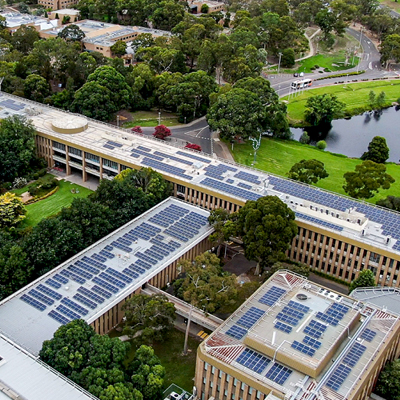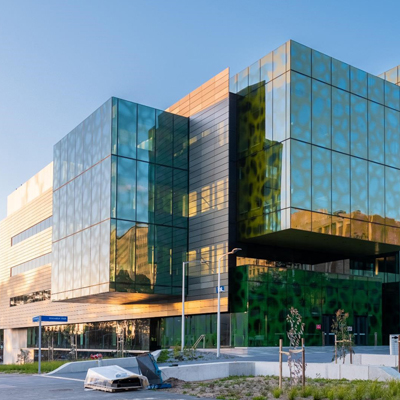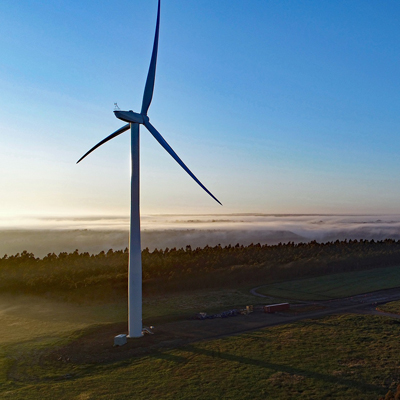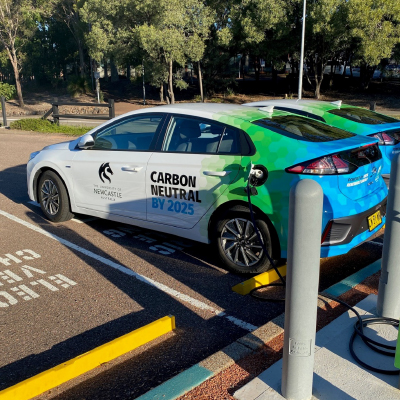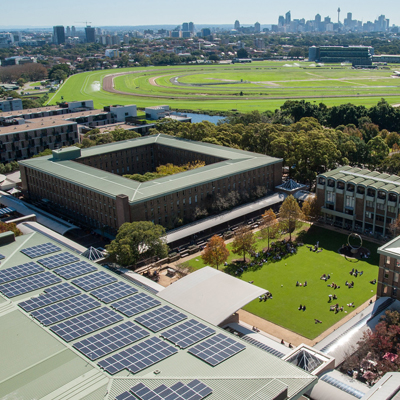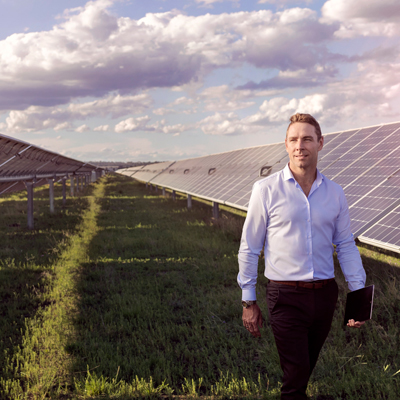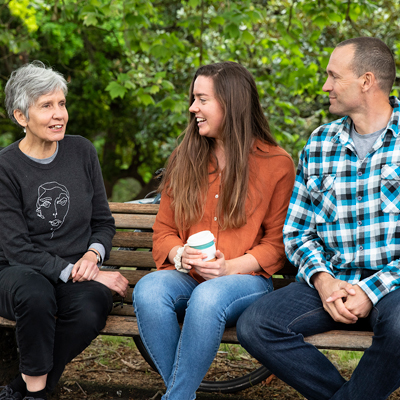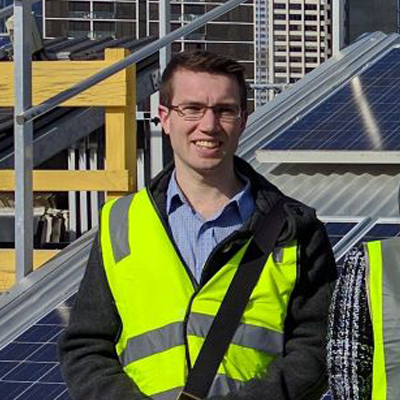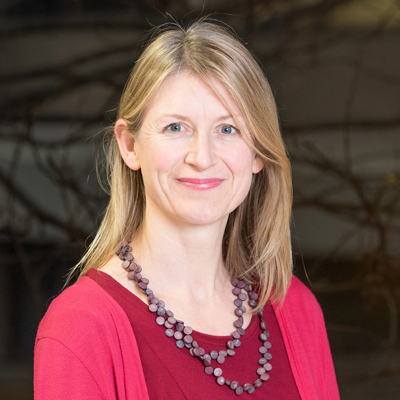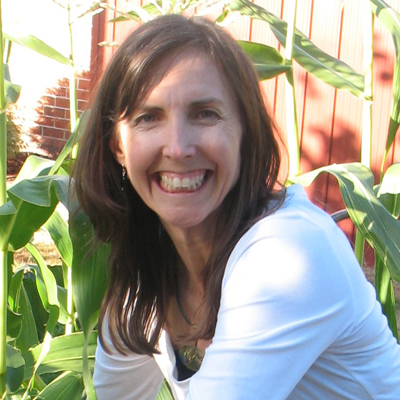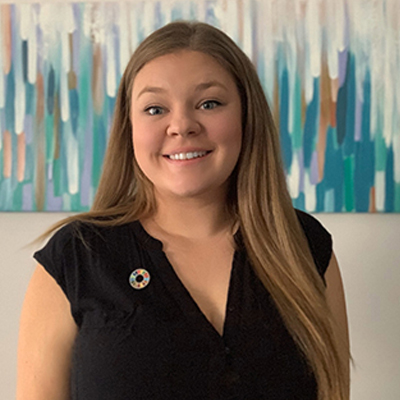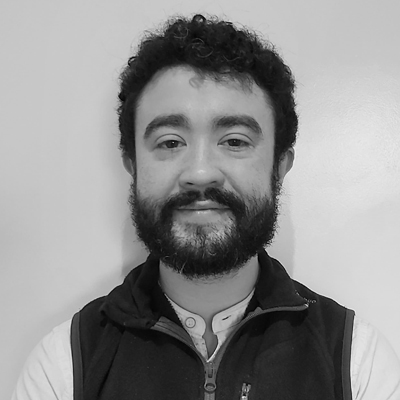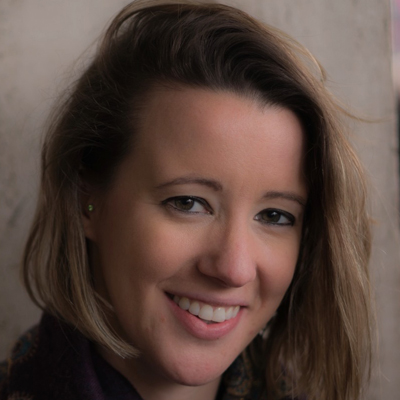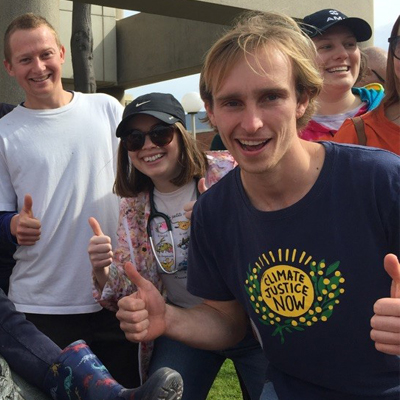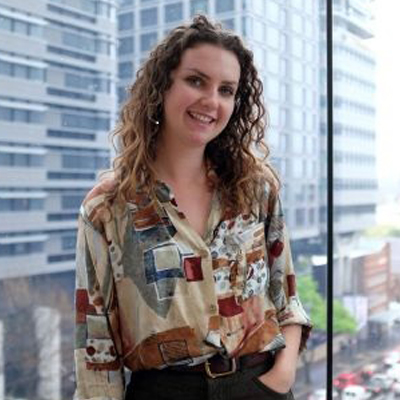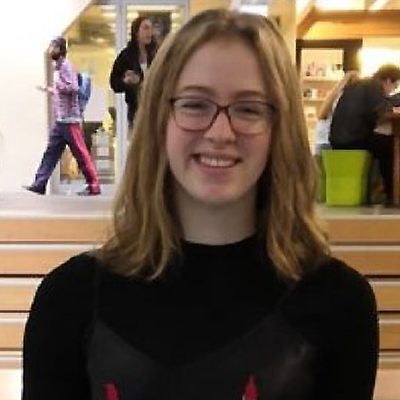2020 Finalists
ACTS is delighted to announce the finalist candidates for the 2020 Green Gown Awards Australasia and the ACTS Awards of Excellence.
We hope you’ll join us in celebrating the achievements of our finalists! We look forward to sharing more about their initiatives in the lead up to the virtual Awards ceremony on the 26 November 2020.
Organisational
2030 Climate Action proudly sponsored by
- La Trobe University: “La Trobe Net Zero”
- Monash University: “Net Zero Initiative”
- RMIT University: “Eliminating Emissions in Education”
- The University of Newcastle: “Sustainability Reimagined”
- UNSW Sydney: “Net Zero UNSW”
Benefitting Society
- Eastern Institute of Technology: “Connecting our Communities through Learning in Nature”
- RMIT University: “TIMeR: Walking with Indigenous stories of land, river and sky”
- The University of Newcastle: “The Awabakal and Worimi Hunter Water Story project”
- The University of Newcastle: “Daughters and Dads Active and Empowered”
Creating Impact
- CQUniversity: “Ditch the Disposables – a sustainability journey”
- RMIT University: “Let’s Lead the Way – Sustainability Engagement at RMIT”
- The University of Melbourne: “Choose to Reuse! Creating lasting, impactful change”
- The University of Newcastle: “Germinate – May Contain Seeds”
Learning, Teaching & Skills
- Griffith University Business School: “The road to Tri Hita Karana – a transformational MBA journey towards well-being”
- Griffith University Business School: “Immersing students in sustainable business management through beer, fashion, surfing, and gardening”
- The University of Auckland: “Sustainability Module”
- Western Sydney University: “Sustainability Bootcamp: Introducing the SDGs to students and staff at Western Sydney University”
Student Engagement
Team & Individual
Outstanding Leadership Team
- Early Learning Centre (ELC) (The University of Melbourne)
- UTS Operations (University of Technology Sydney)
ACTS Award of Excellence Staff
- Michael Anderson (RMIT University)
- Helen Lamb (The University of Melbourne)
- Sandra Murray (University of Tasmania)
- Brittany Hardiman (Western Sydney University)
ACTS Award of Excellence Student
- Christopher Dixon (The University of Melbourne)
- Victoria Townsend (The University of Melbourne)
- Chester James-Smith (University of Tasmania)
- Miranda Crossley (University of Technology, Sydney)
- Kate de Boer (Victoria University of Wellington)
Categories that are not running in 2020:
- Campus Health, Food & Drink
- Campus of the Future
- Continuous Improvement: Institutional Change
- Research with Impact – Institution
Organisational
Proudly sponsored by
2030 Climate Action
La Trobe Net Zero
La Trobe’s Net Zero program (NZP) will see us become carbon neutral by 2029 by focussing on generating renewable energy & reducing emissions across our campuses – not by purchasing carbon offset credits. To date, we have delivered:
- Rooftop solar: 7,500 solar panels installed at the Melbourne Campus, generating 2.5MW of renewable power to meet 50% of the campus’ energy needs when performing at its peak.
- LED Lighting Upgrade: 24,000 LED lights installed.
- Waste reduction: an on-site composting unit diverts all organic waste produced on campus from landfill, reducing greenhouse gas emissions by up to 90%.
- La Trobe Energy Analytics Platform (LEAP): created the LEAP data analytics platform with PhD students. LEAP uses machine learning & AI to analyse, benchmark & predict energy consumption in buildings.
Net Zero Fund: Working with partners, established the $500,000 Fund to support research & scholarships that enable further innovation in energy efficiency, sustainability & lighting.
Net Zero Initiative
Developed with ClimateWorks Australia, Monash’s Net Zero Initiative (NZI) is delivering measurable advances on our commitment to Net Zero emissions by 2030. As Australia’s only precinct-scale living laboratory, NZI is a critical proving ground for industry to demonstrate the real-world effectiveness of solutions, producing graduates for a zero-carbon economy.
Based on Climateworks’ Deep Decarbonisation Pathways, the Net Zero Initiative strategy encompasses five key pillars: energy efficiency measures, campus electrification, addressing our residual emissions through offsetting, deployment of on-site and off-site renewable energy, and a sustainable microgrid, all with the aim of achieving net-zero emissions for Monash’s built environment by 2030.
Eliminating Emissions in Education
This submission continues the story of RMIT’s journey to becoming carbon neutral by 2030, not driven through offsets, but by genuine actions that demonstrate strategic leadership in both on-campus emissions reduction and innovative partnerships. Building on the success of completing the largest energy performance contract in the southern hemisphere, RMIT has participated and led two large-scale corporate power purchase agreements, led a solar PV roll out in a constrained city environment, transformed the capital works program to prioritise energy efficiency in projects, refurbishments and asset replacement programs, uplifted design standards to go over and above the National Construction Code, embedded sustainability and energy efficiency into all large University tenders and led an energy savings working group of experts.
Sustainability Reimagined
Addressing climate change is critically important for our students, staff and partners. Through 2019 we achieved a major milestone on our journey towards becoming carbon neutral, with the impact being felt across the sector, our region and the state. Our first-of-its-kind Energy Supply Agreement with Red Energy meant from January 2020 we are powered by 100% renewable electricity, reducing our CO2e-emissions by 70%. Complementing this we rolled out 534kWs of rooftop PV solar, switched over 6,000 lights to LED, and commenced installation of four dual electric vehicle charging stations (with infrastructure to futureproof for an additional 20). We enhanced the biodiversity of over 30ha of dedicated bushland zones including planting 2500 endemic native seedlings to sequester approximately 230 tonnes of CO2-e. We contributed to a circular economy through soft plastics and disposable coffee cup recycling programs, and significantly scaling up our rainwater harvesting capacity. Guided by our sector-leading Environmental Sustainability Plan 2019-2025 we are reimagining sustainability now and for the future.
Net Zero UNSW
In 2020, UNSW is switching to 100% renewable electricity through its landmark solar Power Purchase Agreement (PPA). Construction of the Sunraysia Solar Farm was completed in 2019 and renewable electricity supply to UNSW is forecast to commence by September 2020. In combination with energy efficiency measures, onsite solar projects and purchasing carbon credits, UNSW will achieve net-zero Scope 1 & 2 emissions from 2020.
UNSW has now set a science-based target to achieve net-zero emissions across its entire value chain, making UNSW the first Australian university to do so. UNSW published a comprehensive inventory of its Scope 1, 2, and 3 emissions, which showed that Scope 3 sources such as purchased goods and services and investments were responsible for the majority of emissions. UNSW has committed to achieving ‘net zero’ total emissions, influencing reductions across the wider economy and providing a blueprint for other organisations to follow.
Benefitting Society
Connecting our Communities through Learning in Nature
The development of an immersive Learning in Nature space promotes values of sustainability in Aotearoa/NZ, enhancing the lives of individuals by connecting them with nature, cultural heritage and the community through landscape and the curriculum. Our project is an innovative collaboration between the major tertiary education provider (EIT), local indigenous hapū (Māori kinship group) (Ngāti Pārau), central and local government agencies (Te Papa Atawhai /Department of Conservation, Hawke’s Bay (HB) Regional Council), and local environmental groups that include Predator Free HB, and EnviroSchools. The Ōtātara Outdoor Learning Centre (OOLC) promotes nature as a context for learning across all areas of the curriculum for all levels from early childhood to post graduate education. Engagement with the space provides individuals the opportunity to develop a sense of personal responsibility in relation to ensuring a sustainable future and to consider the impact of their (in)actions for the region and nationally.
TIMeR: Walking with Indigenous stories of land, river and sky
This project is an Augmented Reality enabled audio-walk called TIMeR at RMIT University in Melbourne. Participants follow audio directions to locations via a smart phone app, and are presented with Augmented Reality content for exploring the multiple and multisensorial layers of place including Indigenous stories of Kulin Country. Featuring stories of land, river and sky with Boonwurrung elder N’Arweet Carolyn Briggs, participants are transformed into wayfarers as they move across the campus to uncover alternate cartographies, bringing new insights to familiar routes. The project encourages participants to consider their own relationships to place and to nurture practices of reconciliation with First Peoples in Australia. This approach showcases innovations in community engagement through digital media, outdoor games and the design of public space. The focus on learning outside takes education beyond the classroom walls, and opens deeper understandings of the power of place and nature.
The Awabakal and Worimi Hunter Water Story project
Sustainability through Care, Reconciliation Creation and Culture: The Awabakal and Worimi Hunter Water Story project was initiated by Hunter Water Corporation in the Lower Hunter as a school community program to align with their Reconciliation Action Plan. Hunter Water worked with the University of Newcastle and the Awabakal and Worimi communities to create a storybook with 10 Aboriginal students from Newcastle High School. The students worked together to create a contemporary Aboriginal story about the conservation of water for primary schools, their communities and the Awabakal and Worimi families and community that is called Where’s Our Water? The story was illustrated and designed by Newcastle University Creative Industry students in a Work Integrated Learning (WIL) assessment task. The story was facilitated by Aboriginal educators Emeritus Professor John Lester, Paul Myers, University Aboriginal educator Deirdre Heitmeyer and Aboriginal artist, Saretta Fielding.
Daughters and Dads Active and Empowered
Daughters and Dads Active and Empowered is a community-based, multi-award-winning education program targeting fathers/father-figures to improve their daughters’ physical activity levels and social-emotional wellbeing. Importantly, this innovative program also addresses and challenges the culture of gender prejudice existing in girls’ lives.
In 2014, the program was developed by Professor Phil Morgan and colleagues from the University of Newcastle. Using innovative collaborations with local schools and industry partners, results have been overwhelmingly positive with significant long-term health improvements achieved. The impact of the program has led to $4.1 million in research funding and seen delivery to 790 daughters and 678 fathers across NSW, in various sports and in the UK.
In addition, a highly innovative University course has taught over 190 preservice and in-service teachers to deliver the program; creating wide-ranging education and community benefits through improved teaching practices and holistic outcomes for children and the wider community.
Creating Impact
Ditch the Disposables – a sustainability journey
Ditch the Disposables is CQUniversity’s first attempt to run a national sustainability program. The initiative is intended to combat at multiple fronts but at the core, it is designed to kick start a conversation about sustainability and create awareness about the adverse effects of plastic on the environment.
The program provides a systematic change approach to promoting sustainability under the single tagline Ditch the Disposables. This short to the mid-term program is intended to showcase CQUniversity’s commitment to embedding sustainable practices in our operations, interactions and relationships.
The Ditch the Disposables campaign has a clear aim to reduce single-use plastic products across all CQUniversity’s campuses. The program is accompanied by a broader waste management strategy, driven by the circular economy concepts. Undeniably, COVID-19 has a massive impact on the program from renewed support to the takeaways to funding and job cuts, however, our efforts to promote sustainability will continue.
Let’s Lead the Way – Sustainability Engagement at RMIT
RMIT is committed to widespread engagement across the community of students and staff to encourage and ensure the adoption of sustainable practices and outcomes. Under the campaign banner of ‘Let’s Lead the Way’ the community is engaged through sustainability initiatives including events, behaviour change programs, social media campaigns and living lab projects. Building meaningful partnerships across the University has allowed RMIT to identify natural synergies when it comes to social, environmental and economic sustainability and create impact beyond our boundaries.
Choose to Reuse! Creating lasting, impactful change
The University of Melbourne’s Choose to Reuse Program is a highly innovative, large-scale waste minimisation initiative helping the University community to eliminate single-use food and beverage packaging, by using reusable tableware. The plate service, is an Australian University first, driven by staff and student feedback and supported by UoM’s world-leading Sustainability Plan 2017–2020. The program has seen huge support and been highly successful in reducing waste to landfill at the Parkville campus. In just six months, from July 2019 to December 2019, it has diverted over 240,000 disposable items from landfill, resulting in a 23.5% decrease in waste to landfill. The program has an incredible reach, with thousands of staff and students using the program daily, creating real, lasting changes in consumer behaviour across campus. It has also provided a real ‘living lab’ scenario which has led to a number of future opportunities for implementation and influencing progressive behaviour change.
Germinate – May Contain Seeds
Germinate – ‘May Contain Seeds’ is a playful, socially engaged environmental management project that encourages students and staff to co-create their environments through guerrilla gardening techniques and explores novel, shared ecologies. The project encourages participant activation and seeks to empower students and staff as tactical urbanists, whilst also extending the leanings into the community through workshops and an open-source website
UON’s Callaghan campus is plagued by mosquitos, this project sought to explore a playful, socially-engaged, and an environmentally kind response to this issue. The student and staff researchers approached this challenge by creating a shared habitat for mosquitoes and humans to peacefully coexist.
Certain aromatic plants repel mosquitos by confounding their sense of smell. The aromatic plant seeds are crafted into ‘seed bombs’ and placed into a repurposed gumball machine. Students, staff and visitors can purchase the bombs for a nominal donation and then they throw them into the adjacent environments.
Learning, Teaching & Skills
The road to Tri Hita Karana – a transformational MBA journey towards well-being
Tri Hita Karana is a Balinese philosophy denoting three ways to happiness through attaining harmonies of people with people, nature, and the spiritual. This philosophy can be applied to the United Nation’s 17 SGDs alongside three ways of happiness and well-being. The Griffith MBA is built on the same principle in the form of three values that it stands for. Our first value, ‘responsible leadership’, centres around topics of mastering harmony among people within and across organisations, communities and countries (SDG 1-10, over 600 topics taught across MBA courses). The second value, ‘sustainable business practice’, focuses on developing a deep understanding of the harmony between business and the environment (SDG 11-15, over 300 topics taught across MBA courses). The third value is about our value-focused lens on the Asia-Pacific and focuses on the role of business for harmony in our region (SDG 16&17, over 100 topics taught across MBA courses).
Immersing students in sustainable business management through beer, fashion, surfing, and gardening
It is no surprise that the world we live in is currently changing at an unprecedented rate. Both businesses and government have a responsibility to lead societies into a more just and sustainable future. Sustainability is no longer an option. It is a necessity. The launch of the Sustainable Development Goals (SDGs) in 2015 provided a useful framework to guide us. GBS recognises its commitment to using our teaching as a force of good. The aim of the program is to facilitate knowledge of current business trends relating to sustainability in different business disciplines. This program reinforces our mission to produce business leaders who respond to contemporary social expectations of business and the future challenges of our world.
Sustainability Module
The Sustainability Module is a new offering at the University of Auckland, focused on teaching students about the values and science of sustainability, encouraging critical thinking about societal challenges, and learning how to address them. Launched in 2019, the three-course module is available to students enrolled in a Bachelors programme in Arts, Science or Advanced Science (Honours). The stage one course, Sustain 100, is an approved General Education course open to students from all faculties.
From the outset, the Sustainability Module was designed to be more than the sum of its parts. With three interlinked courses, the module creates cohorts of students who move through the papers together, building relationships with one another and the teaching staff, and working on collaborative assignments and projects.
Sustainability Bootcamp: Introducing the SDGs to students and staff at Western Sydney University
Western Sydney University through its curriculum renewal initiative, the 21st Century (21C) Project, is committed to developing resilient and sustainability literate graduates. In 2017 a multi-discipline team commenced work with community partners to develop an interactive online “Sustainability Bootcamp” 21C curiosity pod. The pod is designed as ‘taster’ comprising 15 hours of learning and is accessed either as a learning resource embedded in units or as an extra curricula opportunity. The aim is to introduce the core concepts of sustainable development and the Sustainable Development Goals (SDGs) to students through worldviews, systems awareness and future thinking. In 2020 the pod was offered as a pilot professional development opportunity for staff. To date over 1,300 students from nursing, health, industrial design, humanities, education and social science and over 100 staff have engaged with the pod. Those who complete the module with an interactive activity are awarded a digital badge as an alternate credential.
Student Engagement
Monash BorrowCup
Monash BorrowCup is a student led initiative that is not only a reusable coffee cup system on campus but a community of students, staff and cafes striving to create a better environmental outcome for the university.
Before COVID-19 shut down our campus, BorrowCup was operating in 9 campus cafes with an average of 1400 uses per week. The project was about to start its third year of operation with plans to expand to more campus cafes when the COVID-19 pandemic hit. While operations have paused for BorrowCup the team has forged ahead to build on the community created around BorrowCup to address other key sustainability challenges for the university and the world for a post-COVID green recovery.
BorrowCup has captured the attention of Monash University’s community and is a showcase of how students are responding to the biggest sustainability challenges we face.
Students Doing Good: The Sustainable Development Goals Challenge
The inaugural Students Doing Good Sustainability Challenge (the Challenge) is a student-led initiative that activates the United Nations Sustainable Development Goals at Murdoch University.
The Challenge was designed as a competition between multidisciplinary student teams, coached by a design thinking expert, a social marketing specialist, and industry-based subject matter experts. Tasked with solving wicked sustainability problems at Murdoch University in just 2 days, teams pitched their ideas to an expert ‘ideas shark tank’, which judged the proposals on a range of criteria. The winning teams received cash prizes, and three of the five teams are actively collaborating with Murdoch’s Environmental Sustainability Advisory Committee and Sustainability Manager to advance implementation of their projects.
Following the success and lessons learned from the first Challenge, a second Challenge is planned for September 2020, collaborating with Western Australia’s (WA) three other public Universities.
out(fit)
out(fit) is a community engagement initiative of the University of Newcastle, through which female students from the built environment discipline volunteer their specialised skills to benefit the community of Newcastle and the Hunter Region. We do this by engaging in hands-on design and build projects, primarily for underrepresented communities, with a focus on creating spaces for disadvantaged women and children. By providing access to design services for those who would not ordinarily benefit from this professional assistance, we can have a tremendous impact on daily lives.
out(fit)’s mission is three-fold:
- to promote and support women who are seeking careers in built environment professions;
- to provide a supportive place for students to learn hands-on design and building skills;
- to make a difference in the lives of women and children in need through improving their built environments.
Campus-based Living Labs for teaching, research and engagement
Living Labs are developing as a key engagement strategy for Environmental Sustainability at Western Sydney University. These initiatives utilise campus assets for teaching, research or engagement, and incorporate both multidisciplinary focus and strategic opportunity. Initiatives to date link to key themes in our Environmental Sustainability Action Plan and reflect the character of each campus. Examples on Hawkesbury campus focus on challenges facing peri-urban landscapes of Western Sydney, including water recycling and agro-ecology. On Kingswood campus, focuses include solar engineering and carparks, energy modelling, and the Werrington redevelopment has Living Labs as a key development theme. Parramatta campus focus includes an area of significant natural and cultural heritage: habitat for the Burramatta eels. Through Living Lab, staff and students are becoming more aware of the campus assets accessible as learning and engagement resources. These initiatives are platform towards resilient and sustainable campus communities and reinforce collaboration and civic scholarship.
Individual
Outstanding Leadership Team
Early Learning Centre (ELC)
The University of Melbourne Early Learning Centre (ELC) is a specialised research and demonstration kindergarten. It is managed by a multi-functional team who collaborate to provide exemplary early childhood teaching and learning informed by current research and the changing needs of society. In particular, the principles of Education for Sustainable Development are linked to all activities. The aims of ESD are embedded holistically across the organisation, providing children with a platform to engage in sustainability and environment, while employing collective action to achieve environmental outcomes. The ELC has produced an incredible array of learning materials and engages in regular research projects. The team engages a large network, completing environmental projects that go beyond the classroom, school and University.
UTS Operations
UTS is facilitating the circular economy by processing 50 tonnes of food waste on-campus per year into a soil conditioner that goes to local farming communities in Western Sydney to grow garlic, which returns to UTS for use on campus (and other commercial outlets). This diverse cross-faculty and industry inclusive project involved a team of academic partners from the Institute for Sustainable Futures, UTS Design School, Facilities Management (including cleaners and operations staff), industry partners (Closed Loop, local cafes, and Hartley Vale Garlic), and government (NSW EPA). Over the last 3 years, the team has worked to create a functional circular economy model sending nutrients from food waste generated at UTS back to peri-urban communities to support agriculture. In addition, the project is utilised in research and by teaching staff to demonstrate closed-loop circular economy principles to students.
Staff
RMIT University
Michael Anderson has worked tirelessly in sustainability in the Higher Education for over ten years, with a passion for energy efficiency and carbon management. Over his time to date at RMIT he has scoped and deployed a utilities and carbon management software system for the University, lead the development of the RMIT Carbon Management Plan (setting the journey to Carbon Neutral by 2030), devised and implemented numerous capital projects for energy, carbon and water savings and has been the driving force behind the Melbourne Renewable Energy Project. More importantly, he generously shares his knowledge with industry, local community groups, peers and supports numerous student projects each year.
The University of Melbourne
Helen’s significant impact and leadership have been achieved through a series of small actions, ‘walking the talk’ rather than one big project, all adding up to demonstrate true leadership in all areas of her life. In every professional role she has held she has found ways to advocate for sustainability within the organisation and create opportunities to share and celebrate achievements. She has been able to bring people along, due to her enthusiasm and drive for the need for change. Helen has demonstrated that it is possible to look professional in op-shop clothes, ride a bike to an important meeting, and show that growing your own food is fun. As a result, others have been inspired to do the same. Helen has also been able to influence sustainability in the midst of a Global pandemic through reducing single-use plastic at Medley Hall whilst also staying safe.
University of Tasmania
Sandy Murray is a University of Tasmania (UTAS) educator in food, nutrition and public health who champions many sustainability issues, but especially engages her students to address student food insecurity issues. She is passionate about the need for equitable and more sustainable food systems. She leads our Sustainability Committee’s Sustainable Food Systems Working Group to incorporate food and gardens into our $300m new campus developments, operations, and developing a solutions-based Sustainable Food Strategy to address campus food insecurity (38% of our students experienced food insecurity in the past year).
Sandy has been instrumental in the establishment and continuity of both our award-winning Education for Sustainability Community of Practice (EfSCoP) (2011-present) through a formal facilitation role and EfS Tasmania (2015-present; International Green Gown Award). The EfSCoP plays a key role in EfS Tasmania, an UN-recognised Regional Centre Expertise on Education for Sustainable Development, with education and community organisational membership.
Western Sydney University
Brittany Hardiman has conceived, developed and delivered a virtual global youth movement committed to the delivery of the Sustainable Development Goals (SDGs) at a local level. Through her passion for youth empowerment, she has created an outstanding and unique global youth initiative. Aligned to the global Regional Centre of Expertise on Education for Sustainable Development network, the RCE SDG Youth Challenge has been running successfully for 3 years – a first for youth involvement the global network. The Challenge uses a peer-peer learning model coupled with virtual mentoring support to empower and enable over 50 global youth leaders (and co-leaders) to engage with each other and deliver grassroots projects that matter to them and their own communities. Co-designed with an Indonesian Youth Leader and supported by the RCE network, the Challenge has run for 3 years and engaged over 18,500 youth through 48 individual youth-led sustainability projects across 11 countries.
Student
The University of Melbourne
Chris is a passionate environmentalist with extensive experience in driving sustainable change:
- Designed, co-created and hosts a series of sustainability career themed podcasts for the Postgraduate Environment Network (PEN), 2020.
- Treasurer for PEN, 2018-12019, Outreach officer for PEN 2019-2020, General Member, 2020-Present.
- Active member of the Fairtrade Steering Committee at UoM, 2019.
- Writer for website ‘Remember the Wild’, 2019.
- Green Impact Project Mentor, 2019.
- Green Impact Project Assistant & Auditor, 2018; helped the Office of Environmental Programs win Gold, 2018.
- Awarded first place in Climathon event for innovative solution to high-rise residential waste issues for the CoM, 2018.
- Whilst living in Belgium, interned for a sustainability community organisation ‘La Maison du Developpement Durable’; Actively contributed to annual Transition Fair, 2017.
- Became accredited Water Stewardship professional, 2017.
- Increased uptake of Water Stewardship program across Mornington Peninsula by 50%, 2016.
Founding Member of Deakin Sustainable Food Movement Society for Deakin University, 2014.
The University of Melbourne
Victoria brings her passion for sustainability with her in and out of the classroom, across the Melbourne community and across the globe. Before beginning her Master of Environment at the University of Melbourne, she started the “Green Team” employee sustainability network at the investment management firm, BlackRock, in New York City. Her drive for sustainability and enthusiasm for community-building has made her a leader on campus and has inspired many others to engage in sustainable behaviours and activism. Her achievements include serving as President of the Postgraduate Environment Network (2019-2020), volunteering and subsequently interning with the Sustainability Team at the University of Melbourne and serving as a Green Impact Project Assistant. Victoria volunteering at the 2020 Climate Emergency Summit, attending the Newkind Conference on social change to build her skills and knowledge regarding climate justice, participating in and organizing groups for climate rallies and demonstrations and constantly looking for opportunities to teach and engage with others about the environment.
University of Tasmania
I have been involved in helping the University of Tasmania (UTAS) deliver on its sustainability aspirations from policy to operations for several years and at various campuses. To achieve this, I have been an active leader of the Fossil Free UTAS group that was key in convincing the University to completely divest from fossil fuel direct investments in December 2018 and continues to urge UTAS to divest all other investments.
As part of my efforts, and additional to my full curriculum load, I have directly assisted other students gathering information to support divestment considerations as interns in the GGAA-winning UTAS Sustainability Integration Program for Students.
As sustainability is my passion and my life approach, I naturally apply this in spearheading many campus greening activities. For these efforts, I was recognised with the UTAS Green Impact Student Champion award in 2019 and the international ACTS Green Impact Student Champion award in mid-2020.
University of Technology, Sydney
Miranda is an environmental student leader who was the driving force that built student pressure that ultimately resulted in UTS becoming the first university in Australia to sign the United Nations Climate Emergency declaration.
Miranda has been deeply involved in the Global Student Climate Strike movement and helped coordinate the UTS contingents joining record-breaking climate marches in Sydney in 2019. She was the Convenor of the UTS Enviro Collective, the key environment club on campus and during her time at the helm membership grew by 300%. She is a UTS Plastic Free Ambassador and the student representative on the high-level UTS Sustainability Steering Committee.
More recently, Miranda was a winner in the 2020 UTS Green Hero Awards, nominated by her peers for her contribution to sustainability.
Victoria University of Wellington
Kate is passionate about the environment, reducing waste and eating vegetables! She has volunteered at her university and in her community in numerous roles from sorting waste to leading and training students.
Her volunteer efforts gained the attention of the university and in 2019 she was hired as an employee to run the Fruit and Vege Co-Op where she works well over the 10 hours a week she is paid to, encouraging staff and students to sign up to the co-operative. She has been involved in organising Green Gown Award-winning Sustainability Weeks and is President of Plastic Diet – a student club dedicated to reducing plastic waste on campus. During the recent Covid-19 lockdown in New Zealand, she continued to volunteer for the Student Volunteer Army helping those in need.

